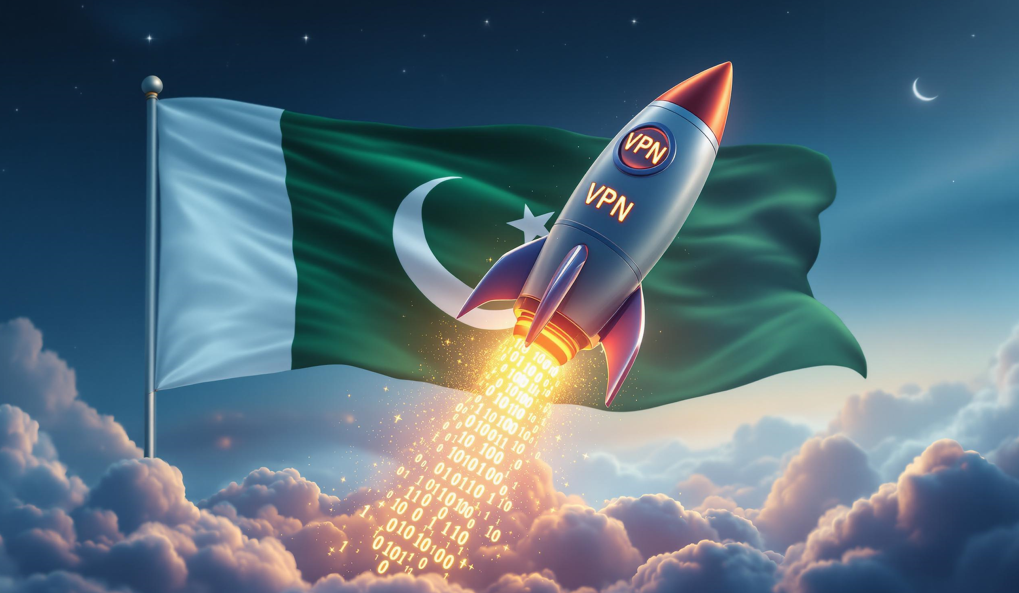Pakistan is witnessing a sharp rise in VPN usage as internet restrictions tighten across the country. Since November 24, demand for VPN services has skyrocketed, with Top10VPN reporting a 330% increase over normal levels. Proton VPN, in particular, saw a dramatic surge in sign-ups, with a 730% increase on Monday, followed by an astounding 2,860% jump on Tuesday.
The surge in VPN usage comes in the wake of a WhatsApp block implemented last weekend ahead of anticipated anti-government protests. Just days earlier, authorities restricted access to Bluesky, a social media platform rivaling Elon Musk’s X. Popular platforms like Facebook, Instagram, and WhatsApp remain inaccessible in many areas, even with VPNs, further fueling the demand for alternative access methods.
The situation is compounded by looming government policies that could significantly limit VPN access in Pakistan. The Pakistan Telecommunication Authority (PTA) has set a November 30 deadline for businesses and freelancers to register their VPN services. Unregistered VPNs face potential disruption as the government debates whether to block commercial VPN use entirely. Currently, VPNs are only permitted for approved purposes, such as education, banking, IT companies, and call centers.
Adding to the controversy, on November 15, a religious spokesperson sparked outrage by declaring VPN use “un-Islamic” and calling for a ban. Although the statement was later attributed to a typo, the Ministry of Interior echoed similar concerns on the same day. The Ministry alleged that VPNs are being used by terrorists for “violent activities and financial transactions” and called for a block on all “illegal” VPNs.
As the November 30 deadline approaches, uncertainty looms over the future of VPN access in Pakistan, leaving businesses, freelancers, and everyday users scrambling for solutions amidst growing restrictions.












